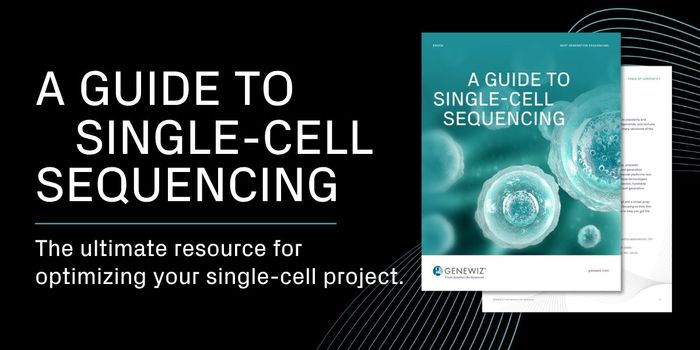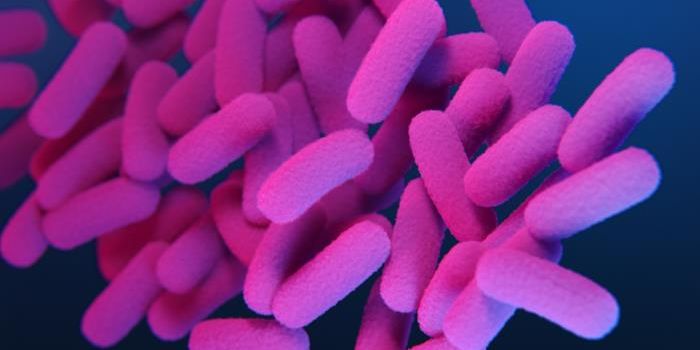The stimulator of interferon genes (STING) pathway, discovered in 2008 to promote type 1 interferon production in response to a pathogenic infection, was recently found to also play a role in suppressing colorectal cancer cells (
Journal of Molecular Cell Biology). Many populations of abnormally growing tumor cells inhibit STING in order to avoid immune system detection.
Type 1 interferons play a multi-faceted role in activate both the innate and adaptive immune system; interferon-related production of various cells reduces tissue damage during infection and prevents autoimmune activity (
Nature Reviews Immunology). From the Sylvester Comprehensive Center at the University of Miami Miller School of Medicine, scientists investigate the role of the STING pathway in controlling cells like type 1 interferons during cases of colorectal cancer. Their study was recently published in
Cell Reports.
Almost all cases of colorectal cancers are adenocarnomas that begin growth in glandular cells inside the colon or rectum. Although the death rate from colorectal cancer has been steadily dropping during the past two decades, about 50,000 people died from this cancer in 2015 (
American Cancer Society).
Researchers used a technique called “epigenetic hypermethylation” to mute the effect of STING signaling in order to replicate and visualize how colorectal cancer cells grow and evade the immune system. They did this by adding a methyl group to STING-specific DNA to inhibit transcription (
Nature).
Without properly functioning STING signaling, DNA-damaged cells went undetected by the body’s immune cells. Inhibition of the STING pathway prevented cytokine production, which resulted in decreased tissue repair and “anti-tumor cytotoxic T cell priming” (
Cell). A loss of antigen-presenting cells called dendritic cells also occurs without STING signaling. Dendritic cells are needed to recognize tumor cells circulating in the blood stream.
If loss of STING activity leads to unrestrained cancer growth, shouldn’t scientists figure out a way to turn STING activity back on? This is certainly a potential answer for colorectal cancer, but scientists also have to consider the careful balance of STING activity that must be kept. Overstimulation of this pathway has numerous consequences such as autoinflammatory disease and “inflammation driven skin cancer” (
Cell).
Source:
Cell Reports









